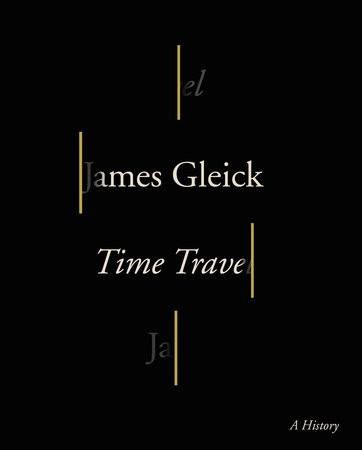 A few years ago, I read a book called Debt: The First 5,000 Years. Written by David Graeber, an anthropologist, and anarchist (I’m not sure how one teaches at the London School of Economics and calls themselves an anarchist, but what do I know?), it was less about economics and more about anthropology. It described various and diverse ways different cultures have dealt with debt over the millennia of human history and, to be honest, there were times when I didn’t recognize the people and cultures that Graeber included as anything like my human ancestors so much as aliens transplanted here from another planet. It was absolutely fascinating. I recommend it, even if it is occasionally a dry read.
A few years ago, I read a book called Debt: The First 5,000 Years. Written by David Graeber, an anthropologist, and anarchist (I’m not sure how one teaches at the London School of Economics and calls themselves an anarchist, but what do I know?), it was less about economics and more about anthropology. It described various and diverse ways different cultures have dealt with debt over the millennia of human history and, to be honest, there were times when I didn’t recognize the people and cultures that Graeber included as anything like my human ancestors so much as aliens transplanted here from another planet. It was absolutely fascinating. I recommend it, even if it is occasionally a dry read.
For whatever reason, when I first bumped into Time Travel: A History by James Gleick, it was Graeber’s book that came to mind. Something about the promise of a survey of a topic, an in-depth look at how it developed, and where it is now. That the topic was time travel–time travel!–made it that much more intriguing. Would it be a history of a genre of science fiction? A look at physics? Was it a novel? Speculative fiction?
Or all of the above?
Well, not quite. But close.
Starting with H.G.Wells’s The Time Machine, Gleick walks forward through time to examine and tell the story about how our concept of time and time travel evolved. It’s one of those concepts that never really existed in its modern concept until Wells invented it. With the exception of some ancient views of dreams and memory and death and ancestors that resemble a form of time travel, it wasn’t until the twentieth century that people began to think about time as a fourth dimension, one that might be moved along. Gleick follows the idea of time travel through the last century, weaving in the writers of science fiction who, like Wells, in large part created the language, with the concepts that would later be adopted by physicists. Indeed, sometimes it seems like the science and physics of time and time travel is tracking the vision and imagination of the science fiction writers, even adopting the words and jargon that they introduce. If Einstein (who also finds a place in this history) is to be believed that imagination is more important than knowledge, then it is the imagination of writers that led the way.
Among the writers here are Marcel Proust (In Search of Lost Time), Woody Allen (Midnight in Paris), Jores Luis Borges (One Hundred Years of Solitude), F. Scott Fitzgerald (The Curious Case of Benjamin Button), and Robert Heinlien (for multiple stories), among others. On the technical side are Albert Einstein, Hermann Minkowski, and Stephen Hawking. The interplay of fiction and nonfiction in Gleick’s tour of time travel is intoxicating and thought-provoking, even when Gleick seems to get a little lost, like a guide in a museum that seems to be full of new ideas and concepts.
Time Travel: A History is all the more fun if you have read the books and watched the movies (Doctor Who fans will love it) that looks to. It’s also has a lot to interest the philosopher who wants to examine the human concepts of memory, history, and self-awareness.
 Time Travel: A History
Time Travel: A History
History
Pantheon
September 27, 2016
352

James Gleick delivers a mind-bending exploration of time travel—from its origins in literature and science to its influence on our understanding of time itself. Gleick vividly explores physics, technology, philosophy, and art as each relates to time travel and tells the story of the concept's cultural evolutions—from H.G. Wells to Doctor Who, from Proust to Woody Allen. He takes a close look at the porous boundary between science fiction and modern physics, and, finally, delves into what it all means in our own moment in time—the world of the instantaneous, with its all-consuming present and vanishing future.

